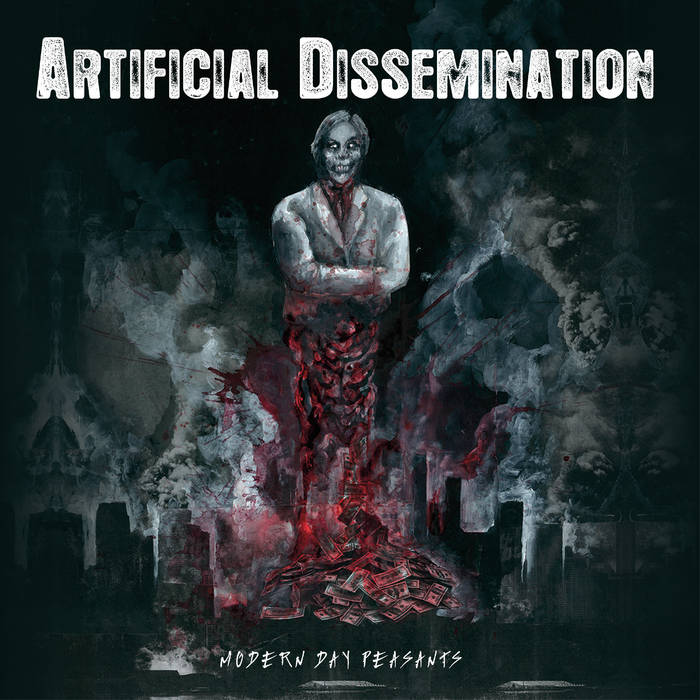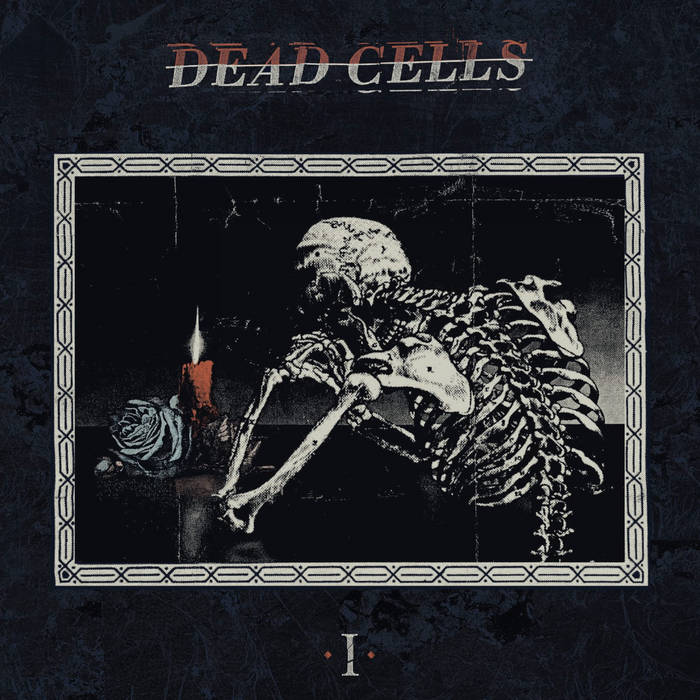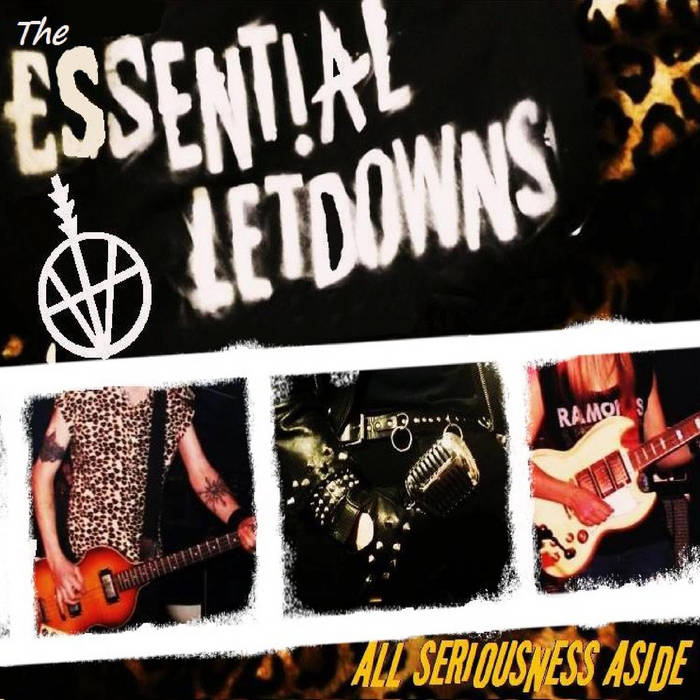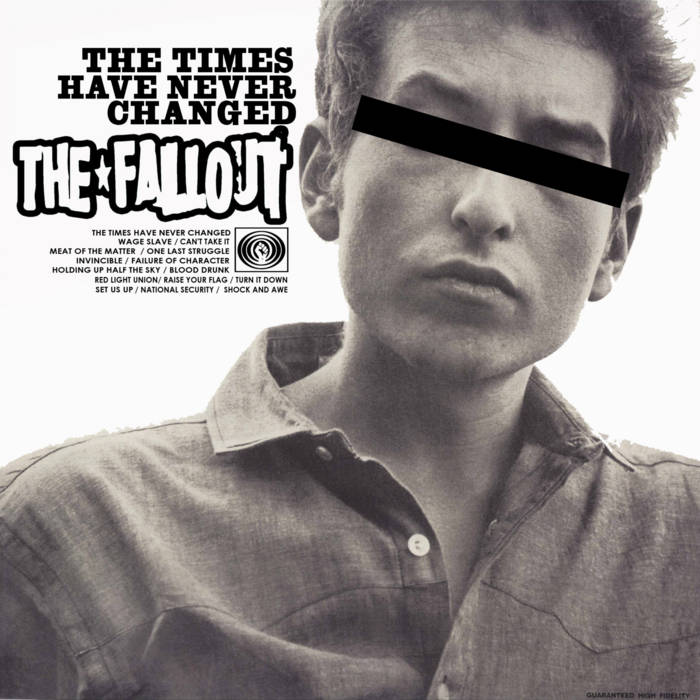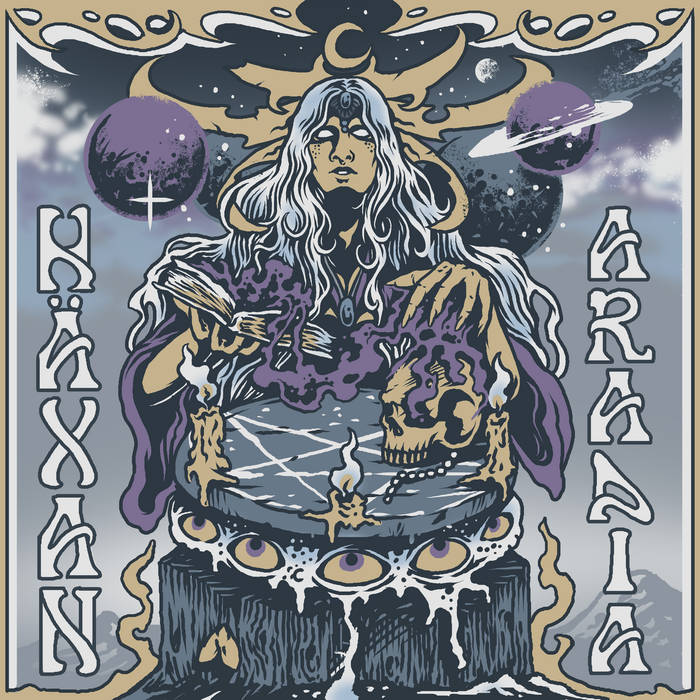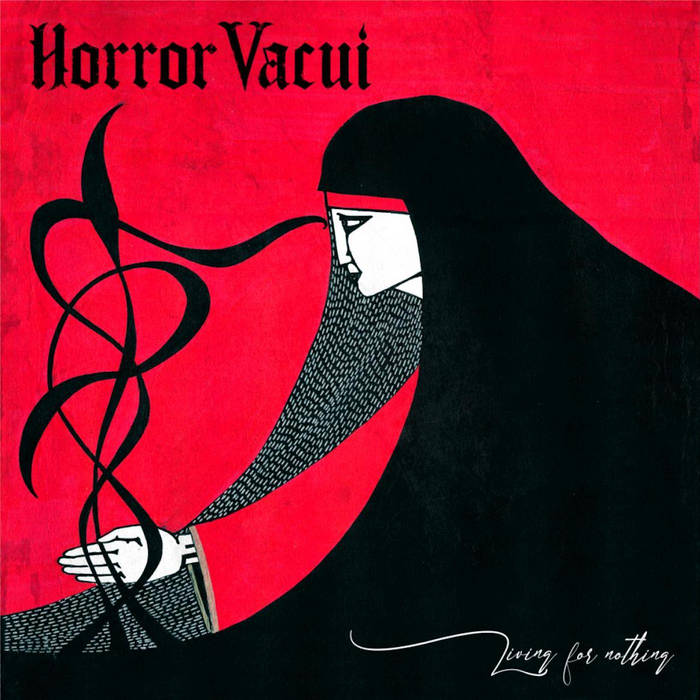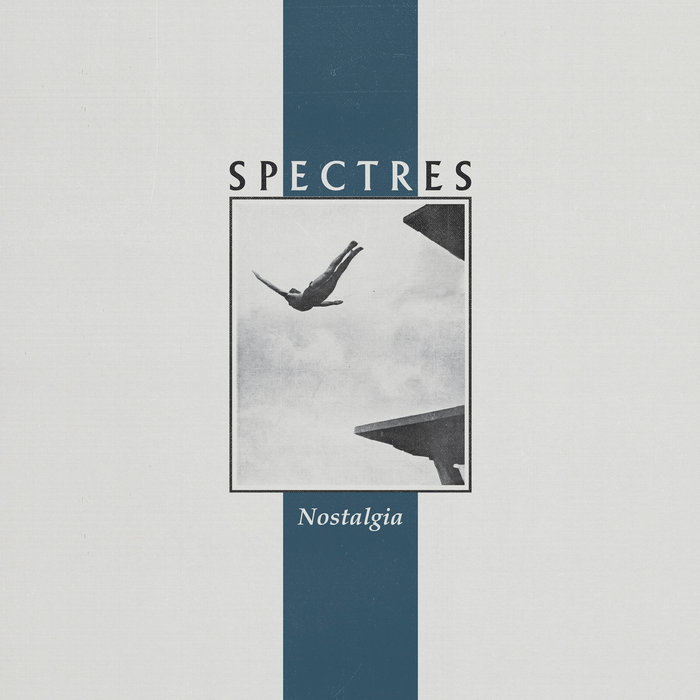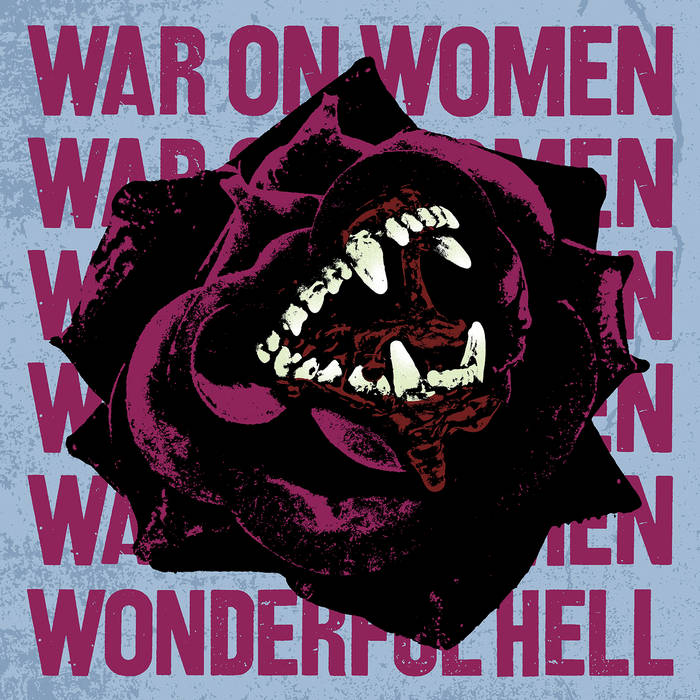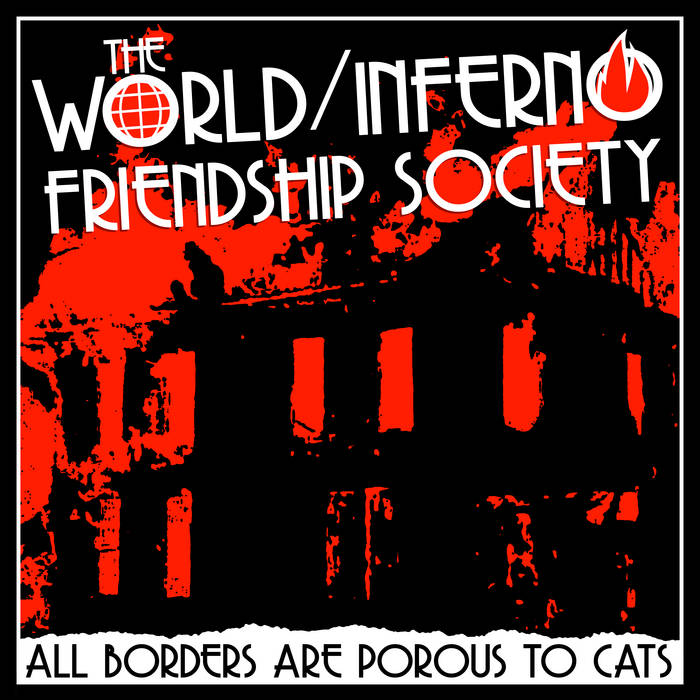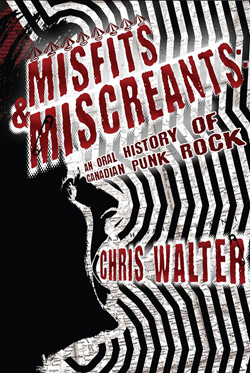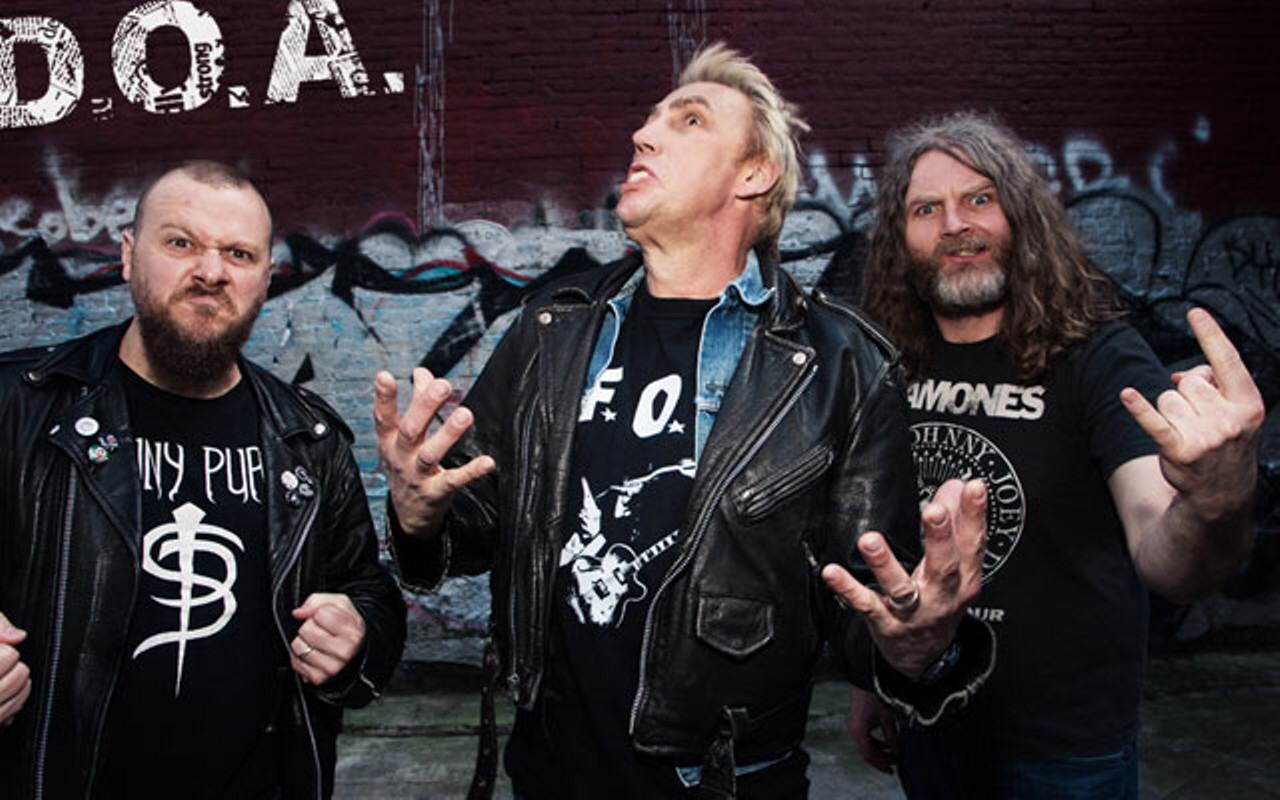
So I’ve been kind of sitting on this for a while, and I figured it was about time that I released this interview I did with Joe “Shithead” Keithley from D.O.A.
I’m not exactly sure how it happened, but someone at the radio station that I co-host a show at, Rebel Time Radio at 100.3 fm (soon to become 102.7fm) managed to get an interview with Joe before their show at Cork Hall in downtown Kitchener in November 2014. Somebody involved in the process decided that I should be the one to interview him, since I was the person most familiar with the band’s history.
So I get an e-mail telling me that in two weeks I’m supposed to interview the leader and only original member of one of my all-time favourite bands since I was 15 yeas old. I somehow manage to scrape together some questions that I hope Joe hasn’t been asked before, or at least in a while, or ever before, and somehow manage to make it through an interview with one of my all-time punk rock heroes without shitting my pants.
So here’s the complete, unedited interview I did with Joe “Shithead” Keithley of the legendary Canadian hardcore punk rock band D.O.A.
———————————————–
D.O.A. – November 8, 2014. Cork Hall. Kitchener, Ontario.
Me: I’m here with Joe Keithley from D.O.A. at Cork Hall in Downtown Kitchener. So, how’s the tour going so far?
Joe: It’s good. I mean we’ve only been out for like a week so it’s not much, pretty easy. We had a pretty great time up in Vankleek Hill, played the Oktoberfest up there with the same people that made the Beau’s D.O.A. beer, the Hardcore 8.1 malt liquor.
Me: D.O.A.’s been a band for over 35 years now, probably longer than most of the people here have been alive. You’ve probably seen punk culture change quite a bit since back in its early days. Anything that really sticks out?
Joe: I mean really, when you think about it, the music can remain similar but it’s the times that change around it. We’re in a different era than we were back in the late 70s, early 80s. I mean really, to me the big difference is now, and this is not a knock on punk rock, but that punk rock is now a genre of music, like how rockabilly or jazz or country is. Back then, punk was a cultural phenomenon that people were afraid of. ‘Cause they thought it was this revolutionary thing that was trying to tear down society. And a lot of people that got involved in it thought “yeah that’s what it is, that’s why we like it”, type of thing. So I think that’s really the biggest aspect. Now this is not to say that you can’t still do good things to change society in a positive way using the DIY ethic of punk rock, there are people doing it. It just doesn’t have the same cultural effect that it previously had.
Me: Like now when you can buy Ramones shirts at the HMV in the mall.
Joe: Yeah, it’s become a commodity that’s been marketed, where it was not a commodity before. And it was really small, and the size of the audience was tiny.
Me: You’ve had sort of a rotating lineup since you began back in the day. Has that affected song writing at all? Or has it been each person adding what they have to the lineup and affecting the overall sound of the band?
Joe: Well it doesn’t really affect the song writing, since I’ve written most of the songs. But it would change the approach, you know, ‘cause every drummer’s different, every bass player or guitar player’s different. And you know some people would have their forte at certain things and not be quite as strong at other things. To me, it doesn’t change the song but it might really change the approach that you’d take with recording something, that’s really where the difference would be. I mean, if you’ve got a guy with a totally dynamic kick drum right foot, you’re maybe going to emphasize that more than a guy who’s a little bit simpler with that. Like if you’ve got a slower song you’re going to want a similar thing with the kick drum patters, the kind of stuff like that. To me it really comes down to demos. You do a demo and you listen to it and go “ok, that’s a good song with a poor performance”, or “that’s a mediocre song with a great performance”, and think “can the mediocre song become a good song?” Probably not. So that pares it down to whatever your choice of songs are. If you’re going to write an album, you really should be writing a minimum of fourteen songs, maybe twenty-two. And some of them won’t make it. And that’s where if you have someone to help out producing it can really help with that. It doesn’t have to be a big-time guy, just somebody with some experience and an ear for music can make a real difference in making a good album. And that’s really what I’m really interested in is making good albums, which I feel is really a lost art these days. We’re really to back in the 50s where music, and I’m talking about all types of music now, like electronic, hip hop, pop, rock, country. Back to the 50s everything was really single-driven, whereas in the 60s, 70s, 80s, you’d try and write a good album. You didn’t succeed every time, but that would be the goal of an artist, I think.
Me: Back in 2013 you ran for a nomination for the NDP candidate for an upcoming BC provincial election. You also ran as a Green Party candidate in 1996 and 2001. So, what’s it like transitioning between electoral politics and the sort of punk-style street politics, and what do you see as the relationship between the two?
Joe: Well, I mean, the transition’s obviously different because you’re like, well I mean recently when I was campaigning I wasn’t wearing a leather jacket, I was wearing a suit and my hair was combed.
Me: Just getting a completely different reaction from people you were running into?
Joe: Well yeah, I mean, some people would go “wow. What the hell was Joe Shithead doing knocking at my door wearing a suit?” But there was quite a bit of publicity in Vancouver about it, so when I did knock on people’s doors they weren’t that surprised. They were mostly surprised that a politician, or would-be politician, actually bothered to knock on their door and ask them what they thought. And that was my whole big thing. Couple of really big points when I was running, and I’m probably going to run again in 2017, try and get people democratically involved, like in a grassroots manner, so they have more at stake and get involved more than voting once every 4 years. ‘Cause I think is what disenfranchises people and makes them feel unheard. The other ones are education, that’s a big thing. I think post-secondary education should be basically close to free or at least drastically reduced in costs, for everybody. So you don’t end up with a wildly huge bill at the end of their post-secondary education. I mean they can do it in France and we’re just as rich as France. And then the third thing is listening to people, and if you don’t listen to people then you probably don’t deserve their vote.
Ok, now that’s a long way around what you asked, but the point of that is with D.O.A., I’m a cultural politician, so to speak, and I’m trying to do things from the outside. So trying to get elected and being part of forming a government, ‘cause obviously that’s the goal, you’re not just trying to get elected and be part of the opposition, you’re trying to win the whole beanbag, then trying to exert influence in there. For example, there’s a really old movie called Mr. Smith Goes to Washington, Jimmy Stewart plays him, and both parties hate him because he actually says what he believes in and he actually tells the truth. So that’d the approach I would take. The big difference is really, I wouldn’t be playing guitar and singing, but still talking about important issues. And of course you’d end up talking about really mundane issues too, so that’s sort of the downside to.
Dan: Politics can’t always be fun.
Joe: No, I did it a lot of times and it’s miserable. You just get criticized, doesn’t matter what you do. You get sadistically picked apart by the public and the media, and made to look like an idiot. So it depends on how good you are at defending yourself.
Me: Well I mean the same thing happens in music, unfortunately.
Joe: Well yeah, you can put out a record or put on a show, and it could be pure shit or the greatest thing you’ve ever saw.
Me: So, a couple years ago you did a tour of China.
Joe: Yeah, we did actually two now, one in ’09 and one about four months ago.
Me: I found that interesting, because that’s something you don’t really hear a whole lot of; punk in China.
Joe: No, I think in ’09 we were the first political punk band to go there, right? In both cases we submitted a few songs and lyrics that they wanted to hear; otherwise they’d block you from coming into the country.
Me: The Great Firewall of China…
Joe: Yeah, it’s true. When you’re there, if you go look at a (web)site it could be open and all of a sudden it’ll be closed down. Or you can’t open them at all. Like even some foreign sites like, for example I’ll go look up ESPN, ‘cause I’m a sports fan, so I’m over in China and I want to see what’s going on in hockey or whatever. Sometimes that’d close ‘cause part of the content on ESPN may have some not-that-connected, but partly connected political commentary that might say something about China. So that’d be enough to shut it down.
So we got past the censor board, and mainly because we don’t have any songs about Tibet or the Falun Gong, which if you talk about them, you’ll never get into the country at all. Two really touchy subjects. And now if you wrote a song about Hong Kong or Tiananmen Square, you probably wouldn’t get in either.
It was great though, wonderful place in a lot of ways. Incredible. Never seen anything like it, we’re going to go back next year.
Me: I was kind of curious to see how China would have compared to those tours you did of Warsaw Pact countries in the mid-80s.
Joe: Yeah, that’s a really good point. It was really similar to going to Eastern Europe in 1985. It was not just a different culture but a different political system which was way different from ours, in both politics. It’s basically a police state, when you think about it. But I found in both cases, the bands that you’d meet would find ways to express themselves and be critical of what’s going on in the government, but they couldn’t be overt and say something like “Fucked Up Ronnie”, but they’d have to find a more sneaky way of saying it, and all of that makes it more subversive in a lot of ways.
It’s pretty interesting, what’s happened in the past five years that the rock music scene has totally taken off. The first time, some people kind of knew a few songs, this time they went fucking nuts. I mean, you think about that culture, they didn’t grow up listening to rock music, watching rock videos, they didn’t have turntables, didn’t have CD players, cassette players, or whatever new or old technology. And we were trying to get CDs around the first time we went, our tour guide said most people get their music off their phones. That’s the only form of listening to music, other than traditional Chinese music. Now they’ve got bands all over the place, and big music scenes. We’ve just signed a new band for Sudden Death Records called Subs, from Bejing. It’s kind of an experimental punk rock new wave, a little psychadellia thrown in there, and the record’s coming out in November. It’s really good, it’s not crazy punk rock, but it’s really good. I saw them in ’09 and I saw them again this time at a big festival we played at with them, and they’re great live. They were going to come in November, but their drummer just broke his foot so that’s off ‘til April.
Me: So you’re on tour right now supporting a new live album, ‘Welcome to Chinatown’, and you also released a live DVD last year ‘To Hell and Back’, as well as you’ve put out tonnes of live recordings over the years and DVDs which feature a lot of live material. It seems like you put a lot of emphasis on live recordings, more than a lot of other bands I can think of, and I was wondering of there was any reason or tactic behind that.
Joe: No, not really. Well, with one thing, we started the live album in 2011 and we finished it in early 2013, there was a really big gap and two different drummers on the album. Really, I thought I was going to win that nomination so if I got elected I didn’t think D.O.A. would be playing, so I thought we should wrap it up with a really good live album. And of course I was defeated, but why not promote the live album. And we used not exactly the same, but about half of the songs you hear on the live album are part of the live DVD. The live album is just three nights at the Rickshaw in Vancouver, and the live DVD is over six different nights between Vancouver and Alberta. We didn’t want to make it exactly the same.
Me: You mentioned at the beginning, along with the live album you’ve also got your organic D.O.A. Hardcore 8.1 ale. How exactly did that come about? Did you have the beer company being like “so, we’ve got this 8% beer and we need a name for it,” or did you kind of bug them and say “hey we had Hardcore ’81, how about Hardcore 8.1?”
Joe: No, well it’s a funny thing, I phoned up Steve who’s the head of the brewery, ‘cause he’s friends with some of the punk rock brewing guys I know in Vancouver, and I said “would you be interested in doing a D.O.A. beer?” and they were big D.O.A. fans so they went “yeah, that sounds great”. So not much happened over a couple months and they sat around and sort of kicked it around and they came up with the Hardcore 8.1. It’s only on tap here tonight, but this is like a bit of a test run, if it goes good they’ll make it again in the spring and then hopefully it’ll end up in the LCBO. One of the cool things, the beer’s really good, but the bottles come in a paper bag, so it’s like the old punk rock days. Not so much in Canada but in the States outside every show, you’d be drinking malt liquor in a bag to save money and get a little fucked up before going into the show, right? This is the old punk rock tradition from the 80s.
Me: Oh, we still do that here.
Joe: Yeah, ok. So you’ve got the paper bag with the album cover printed on it. So if it does make it to the LCBO it’ll stick out like nothing you’ve ever seen. And they just throw it in the bag and scrunch it up and that’s how it’s packaged.
Me: I really hope that turns out.
Joe: I hope so too, yeah. I few up to Vankleek a few weeks ago to try it out, and I was amazed how good it was, and I did a tour of the brewery and it turns out most of the brewery are punk rockers, so that’s a perfect fit.
Me: So lastly, I was on the Sudden Death Records site and you’ve got a world tour planned next year and a new album coming out.
Joe: Yeah, I just started showing the guys the news songs and we’ve barely worked our way through five, but we’re doing a bunch of stuff through the fall. We should have it all rehearsed by the end of December and then starting recording January, so the new record should be out late March. And then we’re probably back out here, we’re doing lots of US stuff, going back to Asia, going to Europe I think in June or July.
We just went to Europe in the summertime and played nine countries there, but I think this time we’re going to go mostly to the South, like Croatia, Slovenia, Bosnia, Greece, stuff like that. We haven’t been there very much, so we thought it would be cool.
Me: It just seems like you never stop going, you’re either on tour or making an album or running for an election.
Joe: Yeah, I guess I’m a bit of a nut. I mean, I like working. My dad had the worst temperament, didn’t like music at all, hated me being a drummer when I was a kid, but I guess I learned my work ethic from him, just a regular working glass guy. Almost like in music right now you’ve got to work at a bunch of different things or a bunch of different bands to try and get by.
Me: Oh yeah, nobody really makes a whole lot of money off of records anymore.
Joe: Yeah, you have to tour and sell t-shirts and all that. Records are really low-paying, like one step above promo almost. Unless you’re in some huge band that’s still selling, but even big bands… Hey look at a big band like U2, their record was so shitty that they couldn’t even give it away!
Me: With all these countries you’ve been to in Europe, China, all over the place, is there anywhere you haven’t been to yet that you’re really itching to get to?
Joe: You know, all these opportunities will come up and you just take them one at a time. I don’t have a bucket list of “oh we’ve got to get there” or something like that. Last year when we went to China we had offers to go to Vietnam, Mongolia, Nepal and Thailand. But all of a sudden the trip, which was supposed to be sixteen days, became like a month. You know, when you’re traveling you chew up a lot of days with travel time. So some of those places looked really good, but I thought I don’t really want to go to Nepal unless I’ve got at least at least three weeks to hike around. Otherwise it’s just like getting there one day, getting in a cab from the airport, going to probably the grubbiest section of town where the punk rock club is, staying in a hotel, and catching a cab to the airport the next day. I mean, you get a little sense of the culture but not much, not as much as you’d really like to. China was fine though, because we got to go to a lot of different places.
Me: Alright, cool. It’s been great talking to you. Can’t wait to try that beer, and looking forward to that set tonight!
Joe: Yeah, same here. We’re on at 10:30, so let’s go see how the bands are doing!
